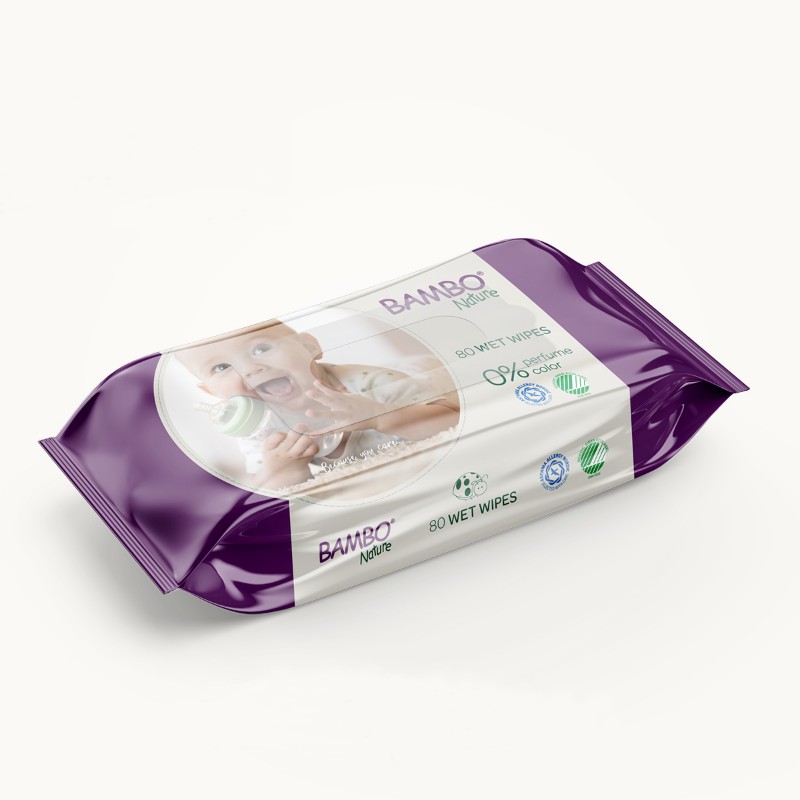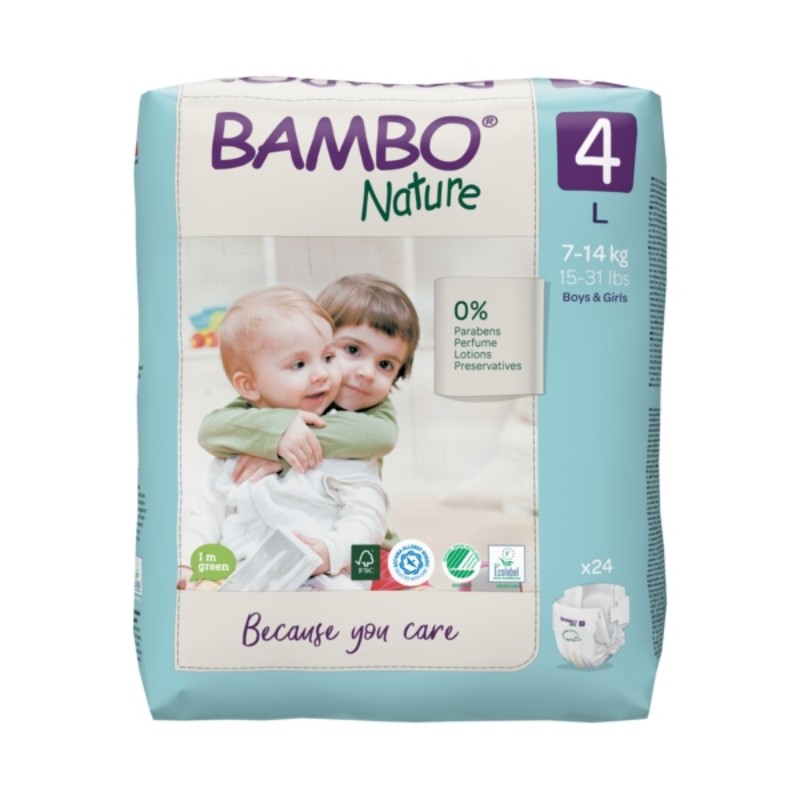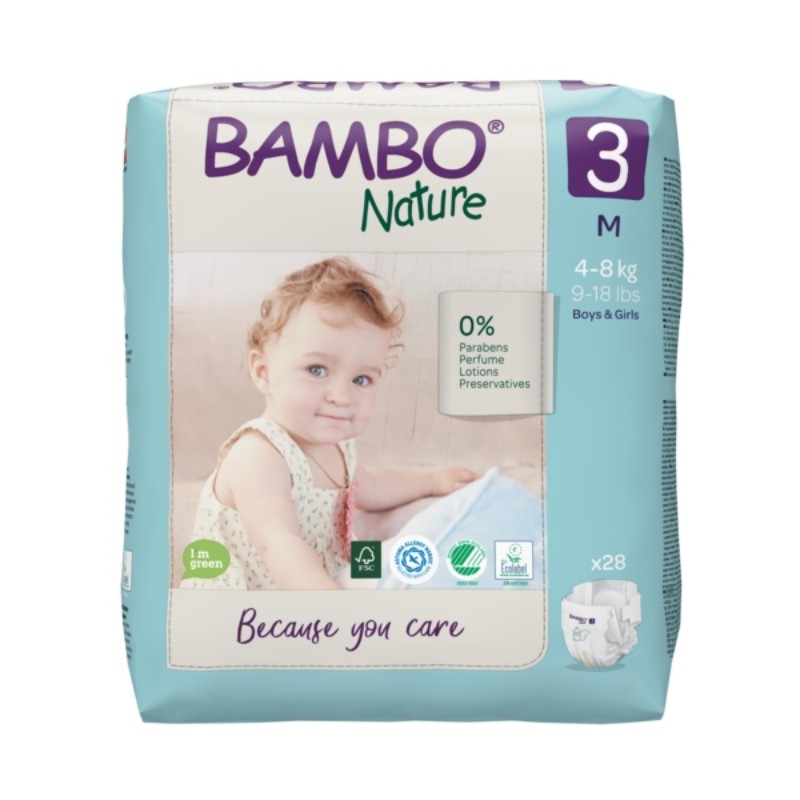About the conscious parent
The Conscious Parent. Guiding conscious families to thrive. HTMA, skincare and low-toxic wellness. Balancing minerals, nurturing holistic health. Tools to support your family's natural and conscious living.
Curated Brands
The Conscious Parent
Bestsellers
Bambo Nature Nappy Size 2
Bambo Nature Nappy Size 4 Tall Pack (48 pk)
Bambo Nature Nappy Size 4
Bambo Nature Nappy Size 3
⸻ Latest from the Journal
Maternal Burnout: When You’re Not Depressed, But Still Not Quite Yourself
You might find yourself running on empty, snapped at by exhaustion yet unable to call what you’re…












